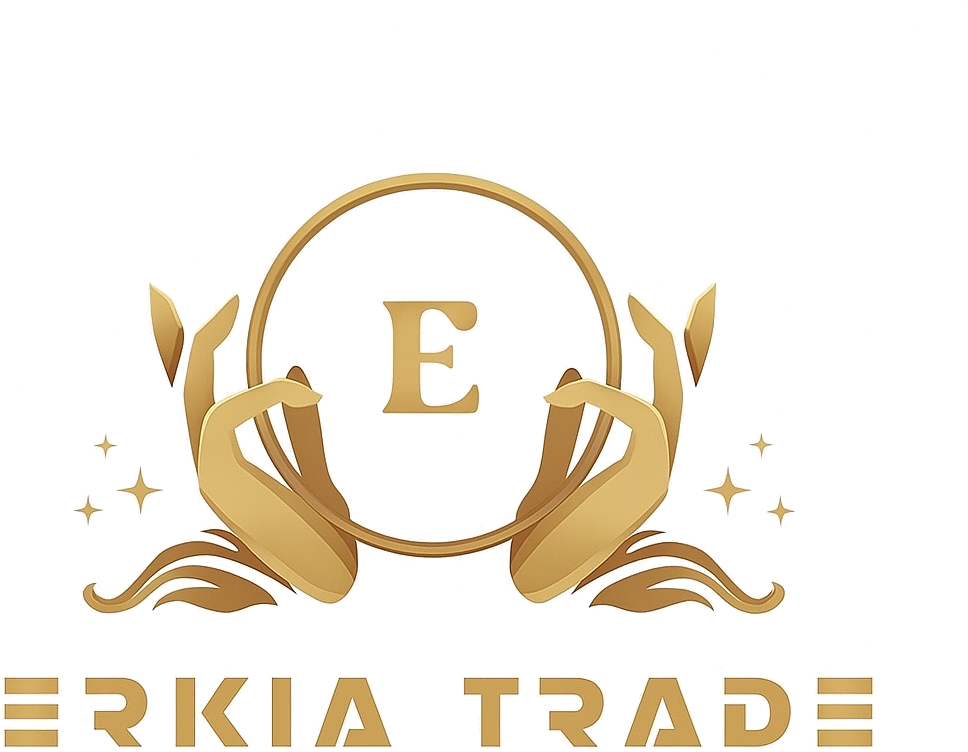Introduction
Gypsum is one of the most important industrial minerals, widely known for its versatility and low cost. With a chemical composition of calcium sulfate dihydrate (CaSO₄·2H₂O), it has been used for centuries in construction and continues to play a vital role in modern industries. From building materials such as plaster and drywall to agriculture, medicine, food production, and even the film industry, gypsum proves to be a valuable resource with countless applications.
In this article, we will explore the main applications of gypsum in different industries and highlight why it remains an essential raw material for global markets.
Applications of Gypsum in Various Industries
Gypsum is one of the most widely used minerals due to its versatility, availability, and low cost. Its applications cover a wide range of industries, from construction to agriculture and medicine. Below are the key uses of gypsum:
1. Construction Industry
Gypsum plays a vital role in building and construction:
• Plastering, coating, and finishing works
• Gypsum mortars for insulation and surface finishing
• Decorative gypsum molding and false ceilings
• Prefabricated gypsum boards (drywall) for walls, ceilings, and floors
• Sound and thermal insulation
• Sculptures, tiles, and ornamental applications
2. Cement Industry
• Used as a regulator of setting time in cement manufacturing.
3. Food & Beverage Industry
• As a rich source of calcium for the human body
• In sugar production, as a filtration aid
• In the beverage industry (soft drinks and beer), for improving purity and adjusting water hardness
4. Ceramics & Glass Industry
• In pottery and ceramics, for mold production
• In glassmaking, to control melt viscosity and as a substitute for sodium sulfate
5. Foundry & Mining
• As refractory gypsum and for metal casting molds
• For sealing small mine tunnels
6. Agriculture
Gypsum is widely used to improve soil and support plant growth:
• Enhancing soil structure and softening clay soils
• Providing essential calcium and sulfur to plants
• Neutralizing sodium in alkaline soils
• Clarifying muddy pond water
• Activating soil microorganisms
• Used in fertilizers, pesticides, and as a soil conditioner
7. Medicine & Pharmaceuticals
• For making medical bandages, dental molds, and bone fracture casts
• In tablet production as a filler and calcium supplement
• Used in yeast growth and insecticides
• In cosmetics and skincare products, due to its heat-generating and cleansing properties
8. Other Industrial Applications
• As a water hardener
• In the paper and paint industry, for brightness and as a filler
• As a drying agent in petrochemicals
• In leather processing, to separate keratinous materials from hides
• In the production of plaster of Paris and various chemicals (sulfuric acid, calcium oxide, ammonium sulfate, sodium sulfate, etc.)
• For desulfurization of industrial waste gases
• In wastewater treatment as a low-cost adsorbent
• In match production (match tips)
• For polishing automobile glass
• As artificial snow in the Hollywood film industry
• In toothpaste manufacturing


Write your comment.